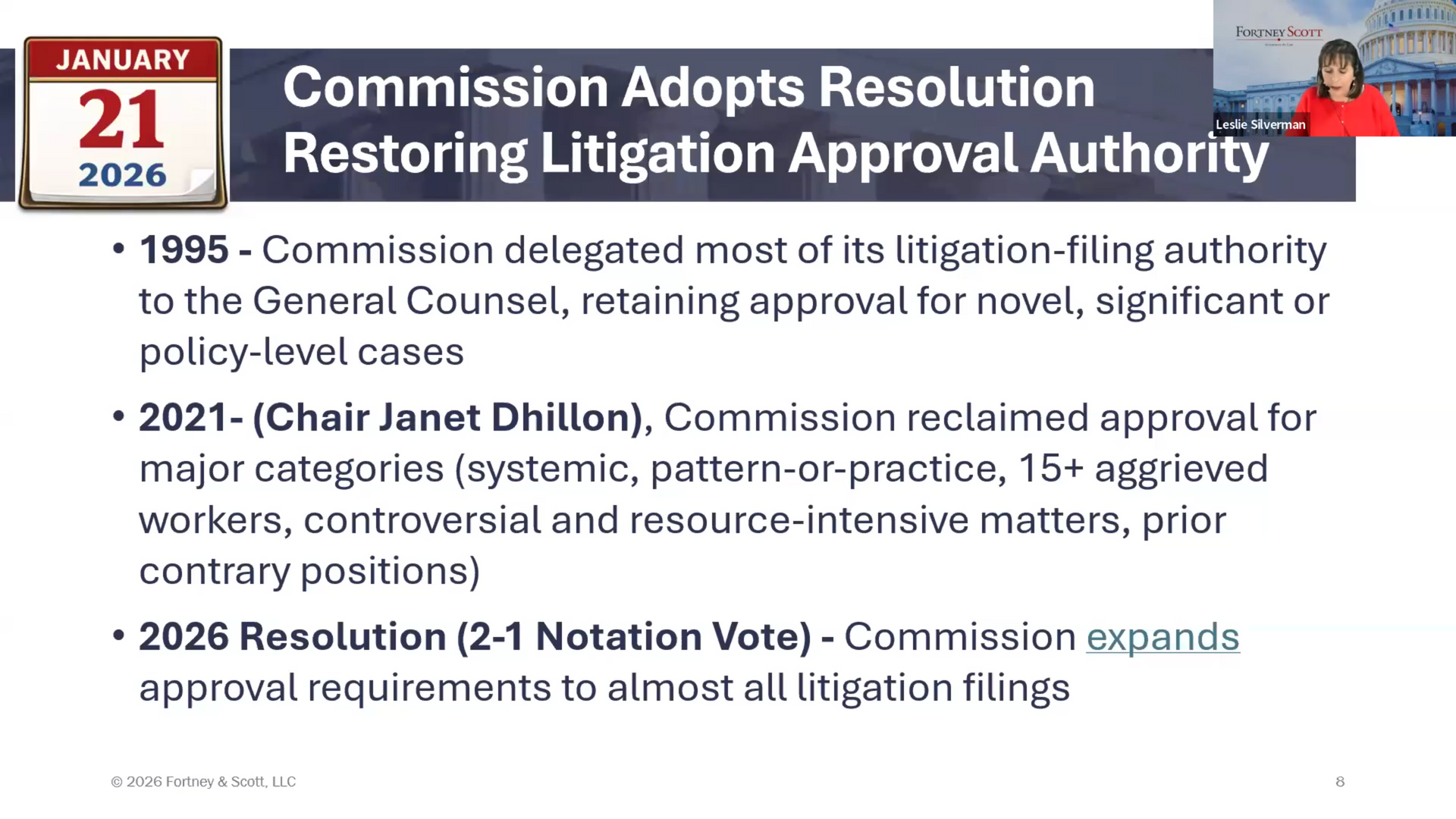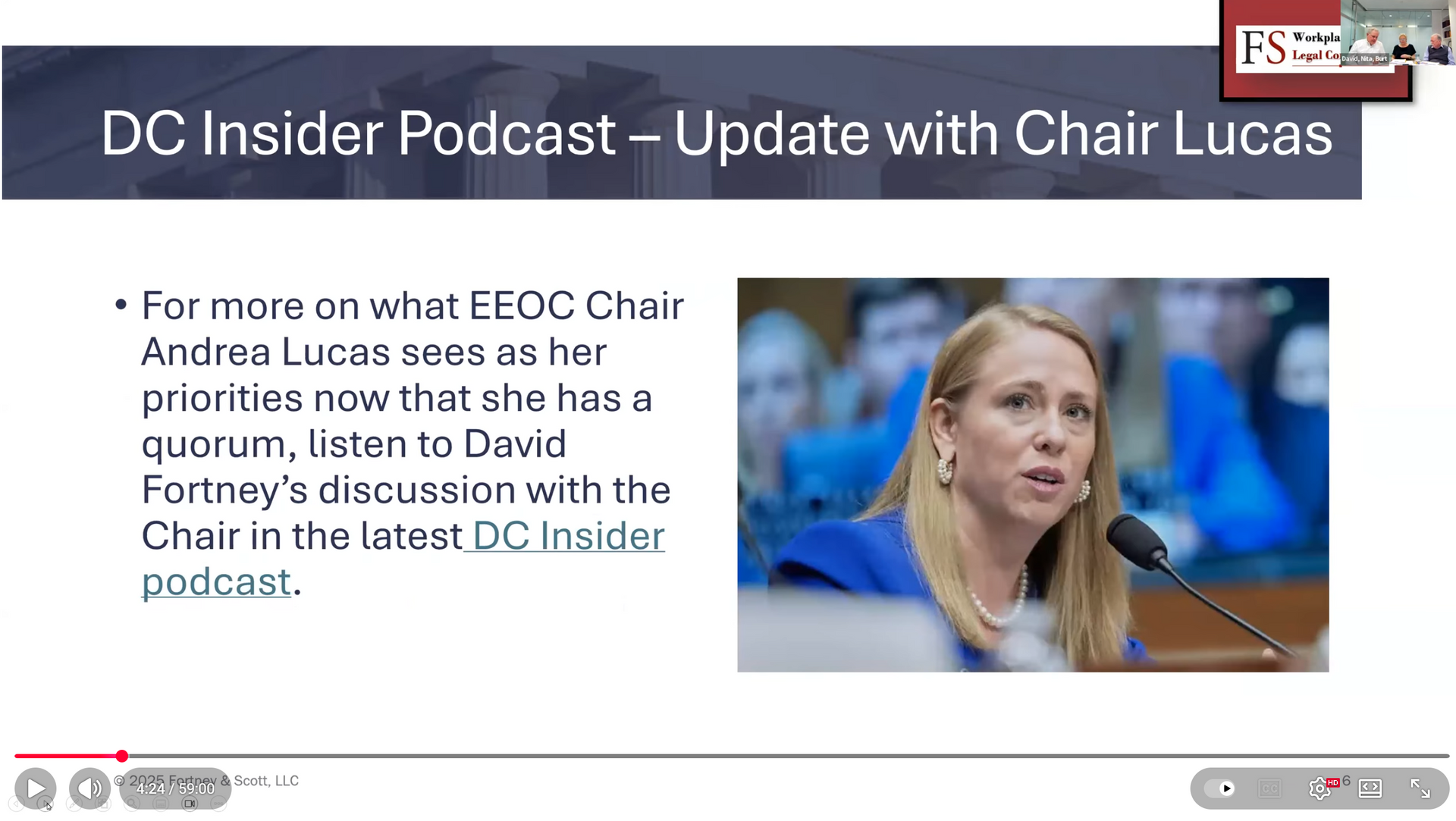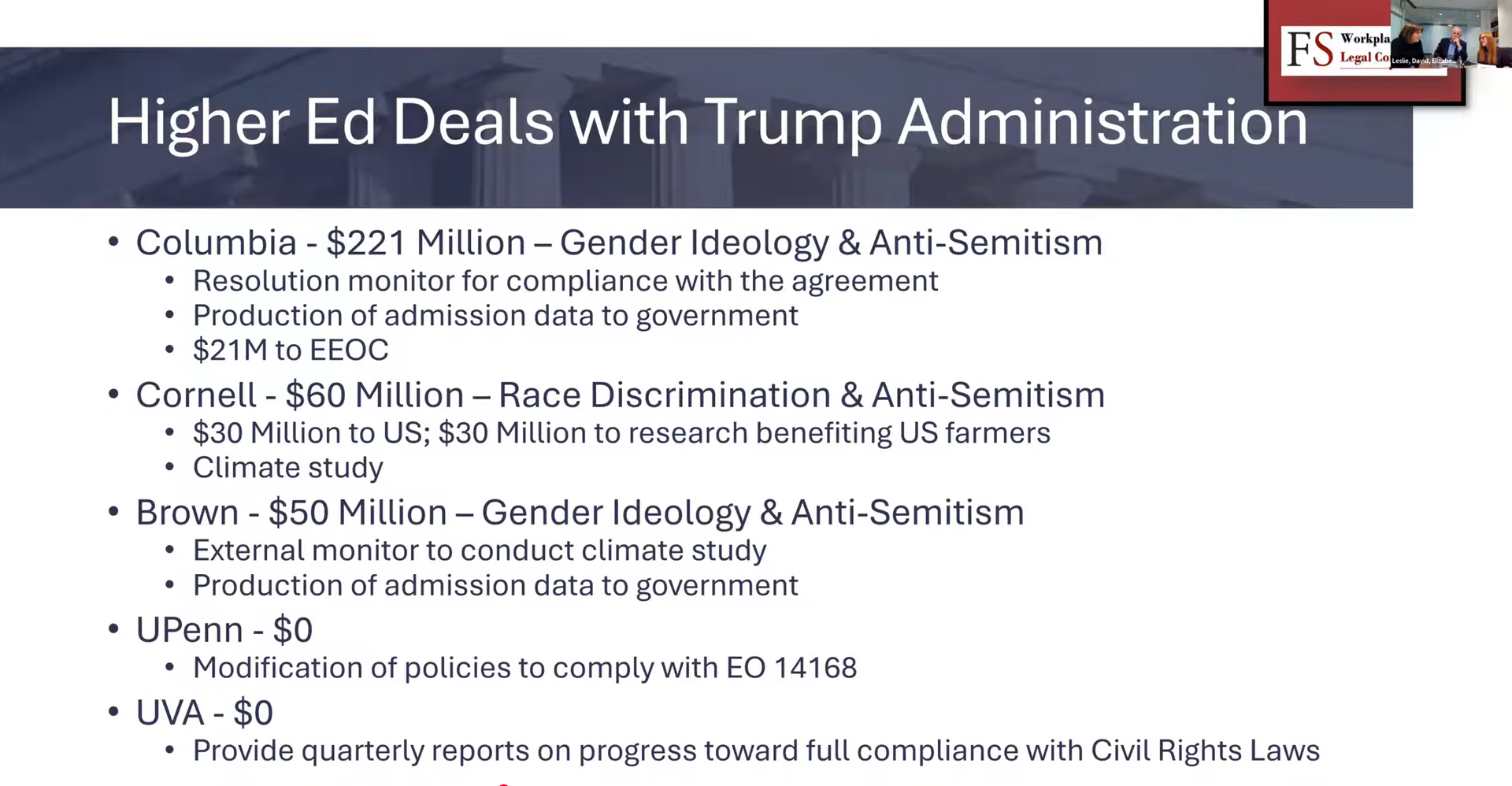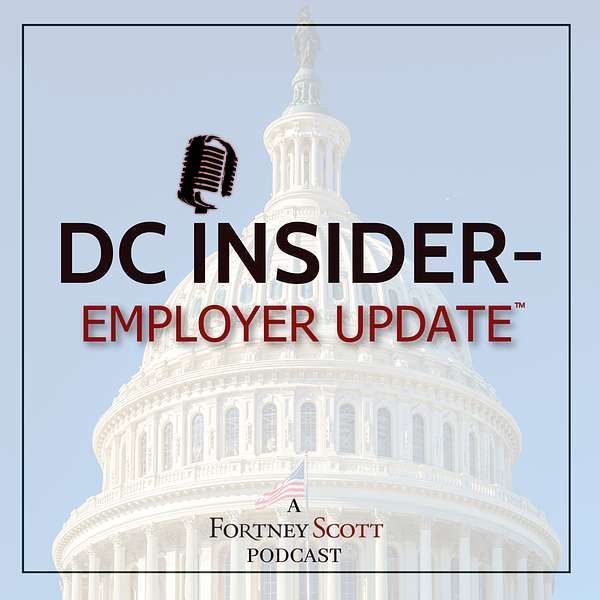FTC Approves Non-Compete Ban
On April 23, 2024, the Federal Trade Commission voted, 3 to 2, to ban nearly all non-compete agreements. The ban is scheduled to become effective 120 days after it is published in the Federal Register (as of the date of this alert, it has not yet been published).
The new rule is already subject to litigation from various business groups, including the U.S. Chamber of Commerce, claiming the FTC does not have the authority to issue the rule. One argument is that the Constitution empowers Congress, not the Executive, to regulate commerce. Further, objections are being raised challenging the Commission’s right to supplant the States in an area – contracts – where state law has traditionally prevailed.
Highlights of Rule
The final rule bans use of nearly all non-competes for any worker. The definition of a “non-compete” includes “a term or condition of employment that prohibits a worker from, penalizes a worker for, or functions to prevent a worker from” seeking or accepting work in the U.S. with a different person or operating a business after the conclusion of the current employment. The broad definition of “non-compete” includes not just non-compete agreements or non-compete clauses in other agreements, but also any terms in handbooks or in workplace policies “whether written or oral.”
The rule’s definition of “worker” is also broad, including any “natural person who works or previously worked, whether paid or unpaid . . . including, but not limited to, whether the worker is an employee, independent contractor, extern, intern, volunteer, apprentice, or sole proprietor who provides a service . . . .”
For any worker, the rule states that it is an unfair method of competition for a person to enter into or attempt to enter into a non-compete agreement; enforce or attempt to enforce such non-compete agreement or to represent that the worker is subject to a non-compete agreement.
A principal exception to the total ban is for senior executives who entered into non-competes prior to the effective date of the final rule. Senior executives are those workers who are in a policy-making position and received compensation of at least $151,164 in the preceding year.
A “policy-making position” is limited to a business entity’s president, chief executive officer or equivalent, any other officer or person who has policy-making authority. “Policy-making authority” includes “final authority to make policy decisions that control significant aspects of a business entity or common enterprise” but does not include having final authority for policy decision for a subsidiary or affiliate of a common enterprise. The precise application of these definitions is certain to be litigated.
For existing non-competes, the entity that entered into the non-compete with a worker must provide a “clear and conspicuous” notice to the worker by the effective date that the non-compete clause will not and cannot legally be enforced against the worker. The notice must identify the person who entered the existing non-compete with the worker, and be delivered by hand, by mail, by email or text message to the worker. The only exception is if the entity that entered the non-compete has no record of where to contact the worker. The FTC has offered a proposed notice.
The other exceptions to the use of non-competes are as follows: 1) pursuant to a bona fide sale of a business, 2) where a cause of action is related to a non-compete accrued prior to the effective date, or 3) when a person has a good faith belief that this rule is inapplicable.
As to state laws, the final rule supersedes those laws to extent they would permit conduct that is an unfair method of competition or conflict with the notice requirement.
Next Steps for Employers
In light of the pending judicial challenges to the rule, employers may choose to wait until a final outcome is reached before responding to the rule. However, prudent employers may wish to identify to whom notices would have to be sent if and when a final rule including that provision is approved.
FortneyScott will continue to monitor these developments and provide updates as appropriate. Clients with questions can reach out to their FortneyScott attorney.
















